The Unseen Cost: How U.S. Scrutiny of Chinese Researchers Threatens Scientific Collaboration
The Unseen Cost: How U.S. Scrutiny of Chinese Researchers Threatens Scientific Collaboration
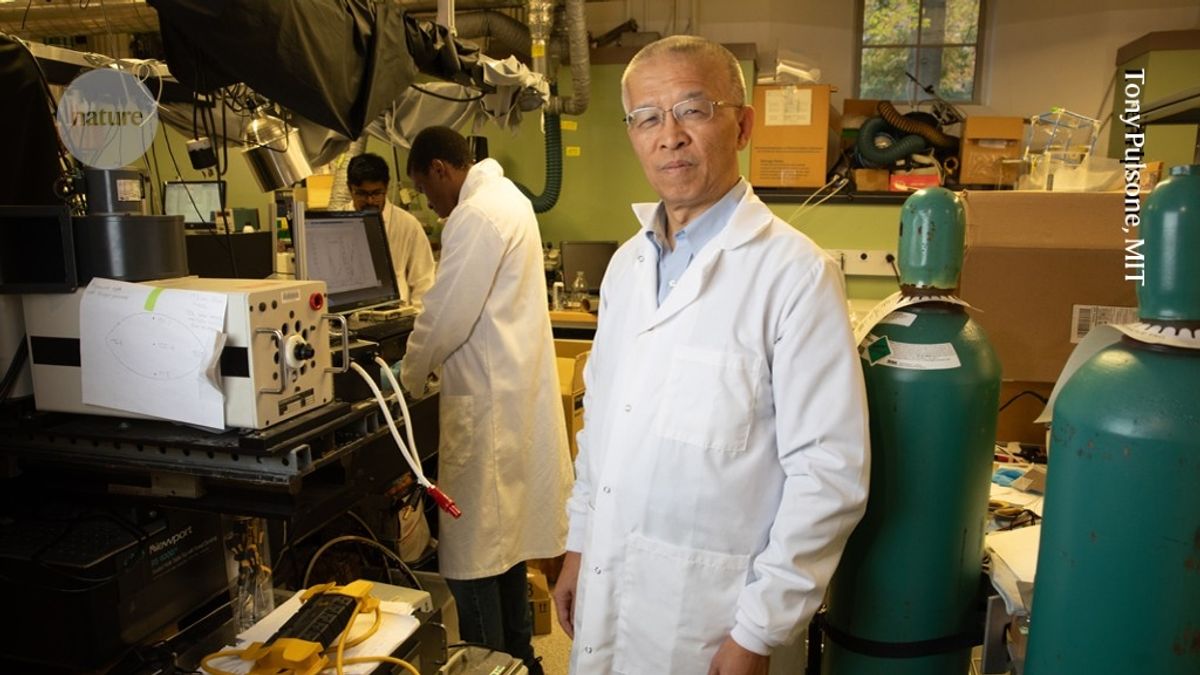
Send us a link

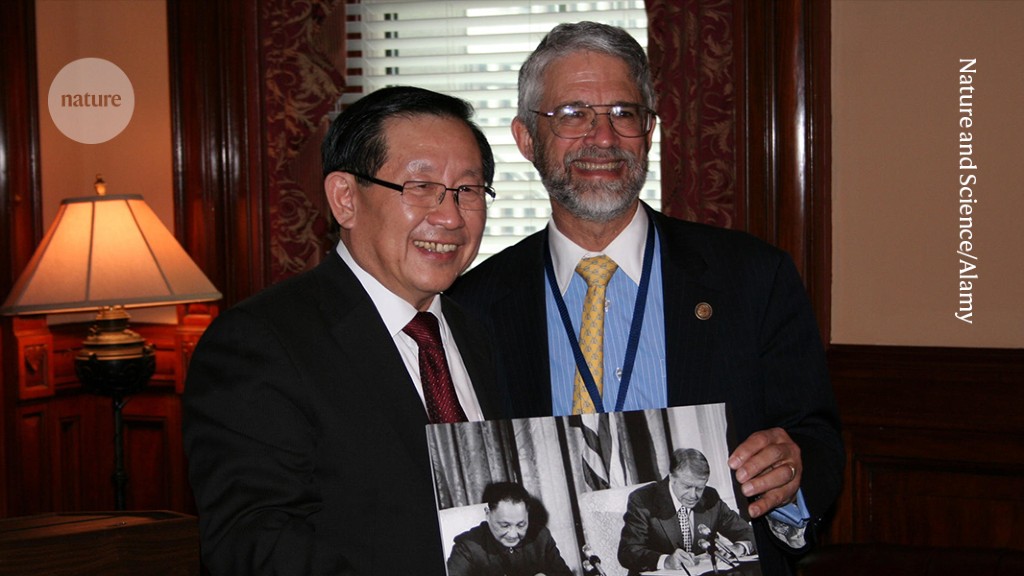
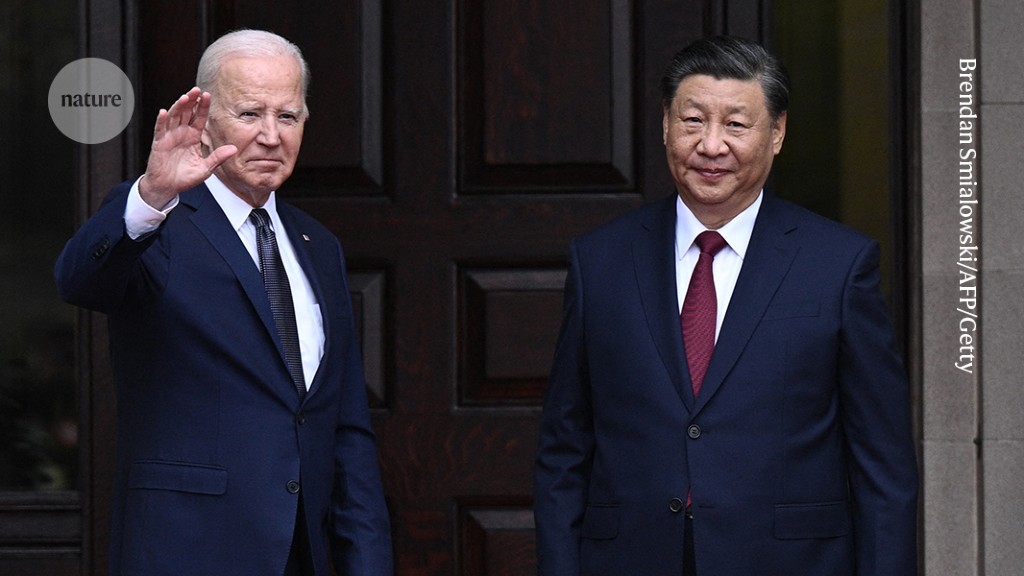
Institution leaders fear breach of privacy whereas transparency advocates call it an important step
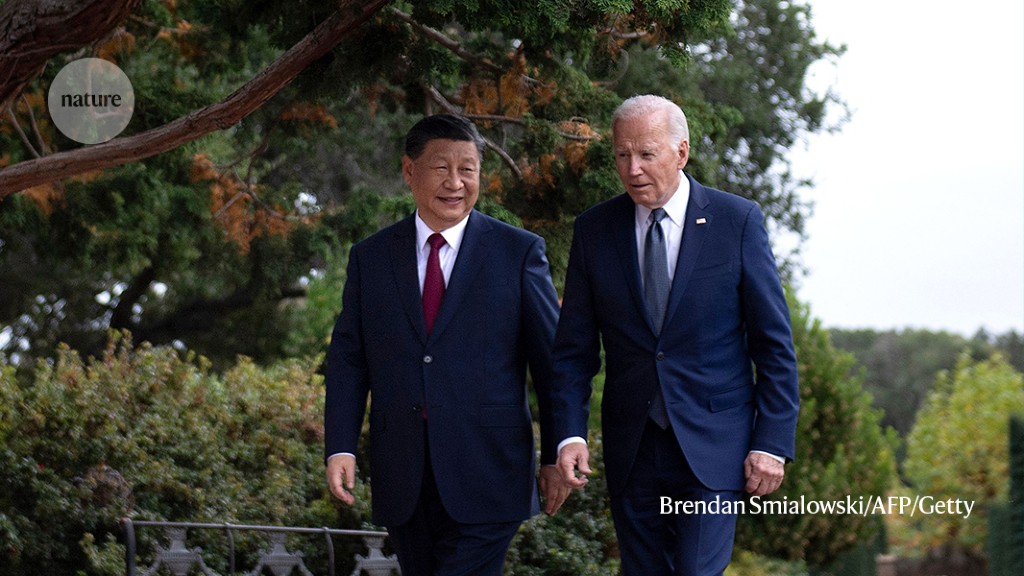
A scientific integrity plan recently proposed by the US National Institutes of Health (NIH) is “fundamentally flawed,” according to the Public Employees for Environmental Responsibility (PEER). In comments filed on Nov. 6 and subsequently summarized in a statement, the advocacy group says that the draft policy “lacks meaningful protections for scientists and research.”
... but collaborations are still hampered by bureaucracy and underfunding.
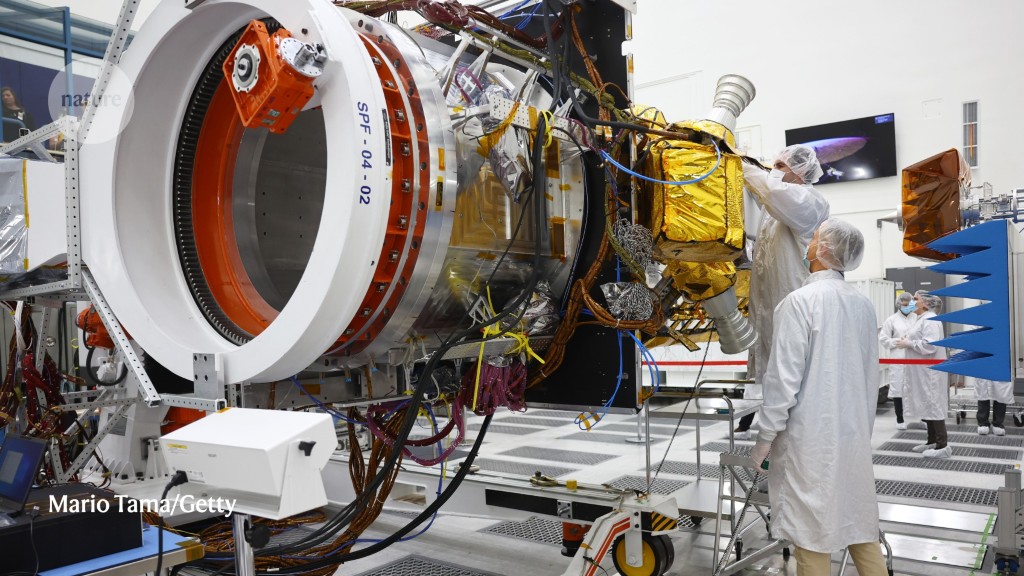
Vaughan Turekian, the director of the Policy and Global Affairs Division of the National Academies of Sciences, Engineering, and Medicine in the US, discusses efforts to support Ukrainian scientists and why such efforts are important for the future of Ukraine.

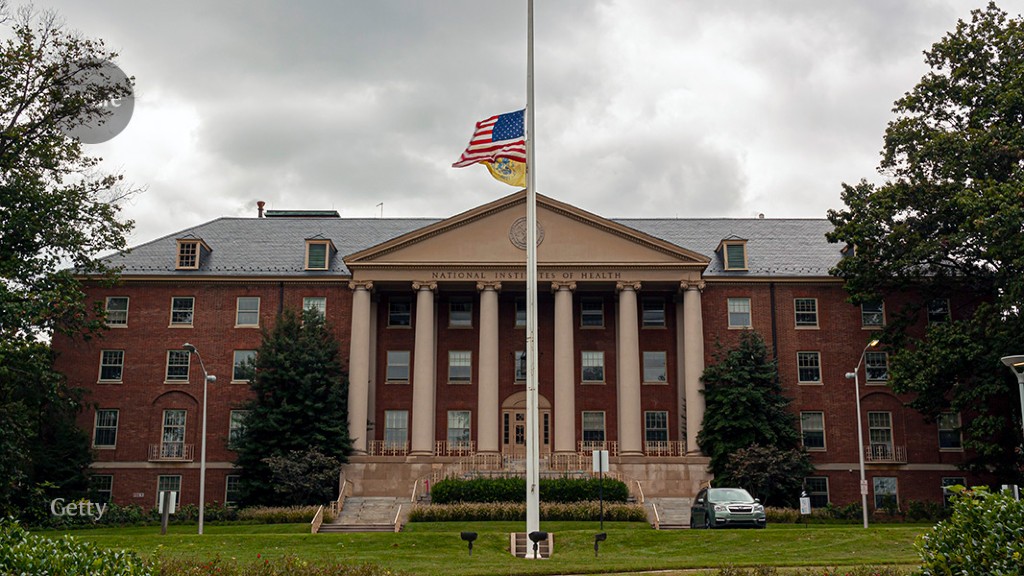
The US has extended a historic science and technology agreement (STA) with China by six months, but now needs to renegotiate the deal to mollify concerns that it aids Beijing's technological and military rise and fails to ensure a reciprocal research relationship.
Request for comment suggests government may soften controversial proposed restrictions.
Rising tensions between the United States and China could derail the renewal of a 44-year-old agreement on scientific cooperation between the two countries. Last week, U.S. President Joe Biden invited China to spend the next 6 months discussing changes to the broad agreement, first signed in 1979, that enables joint research.
House defense bill would vastly expand information that must be disclosed and posted online.
Yue Xiong is a microbiologist who emigrated to the United States from China to complete his doctorate in 1989. He is the chief scientific officer of pharmaceutical company Cullgen and was a professor of biochemistry and biophysics at University of North Carolina at Chapel Hill. This article follows Yue Xiong’s quest for education and is based on an interview from the Science History Institute’s oral history archive conducted in 2000 by historian William Van Benschoten.

The US Supreme Court has struck down colleges’ and universities’ right to use race as a factor in deciding which students they admit.
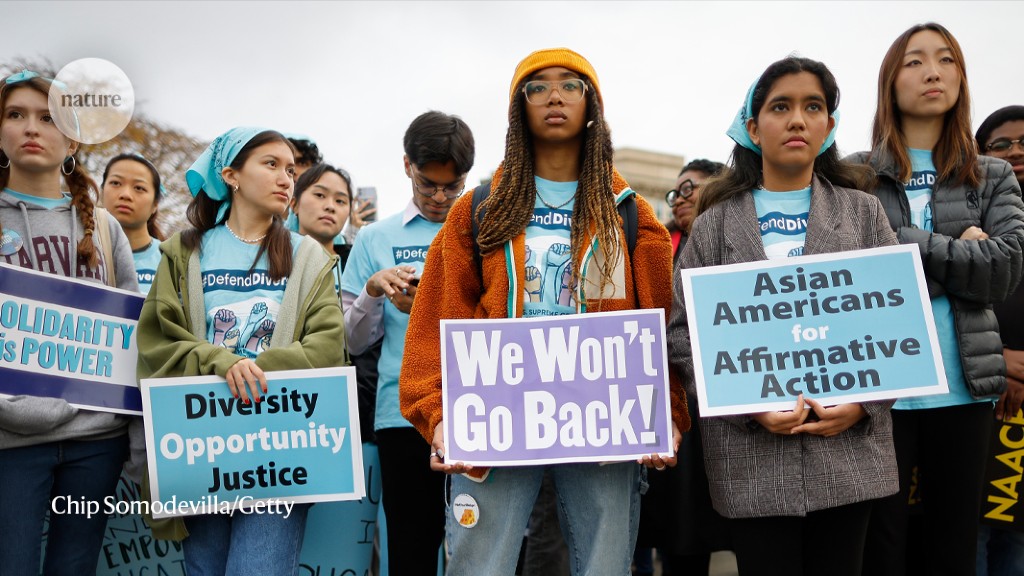
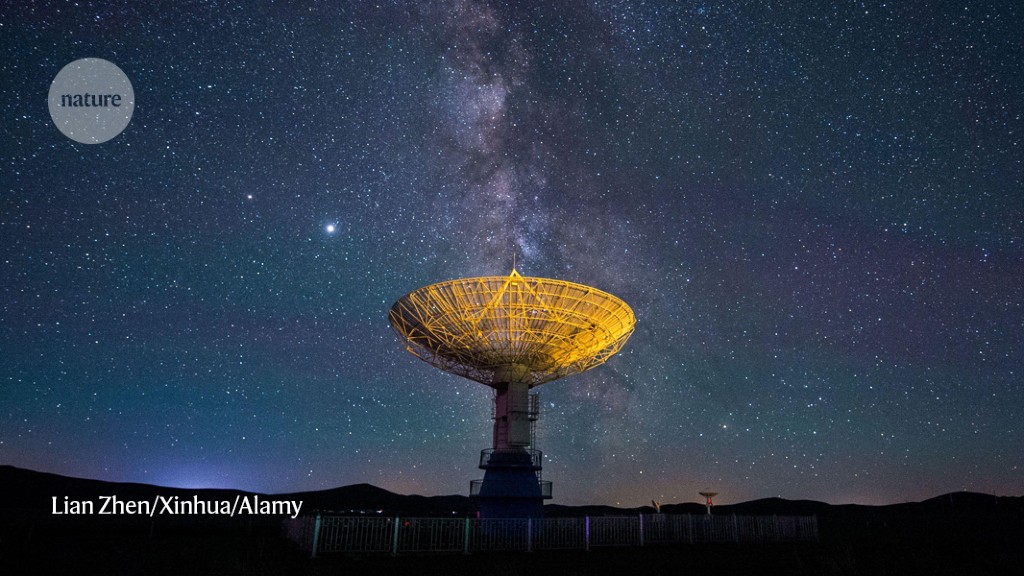
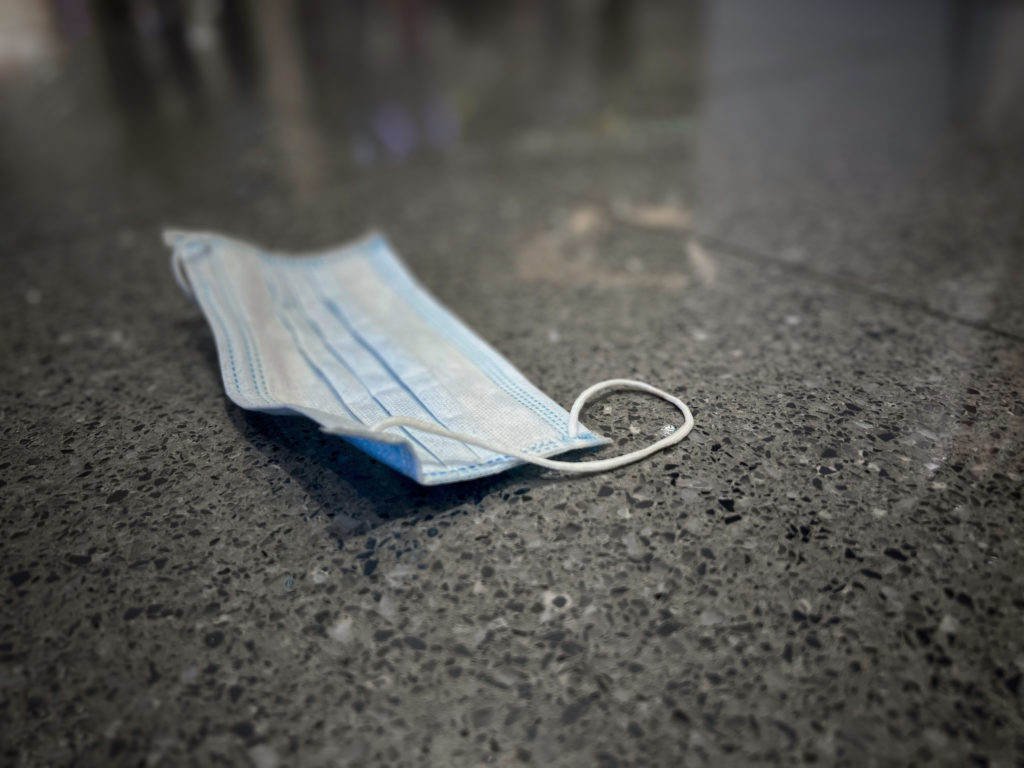
Amid increasing competition and conflict with countries such as China, calls to restrict international scientific cooperation overlook benefits to the United States.
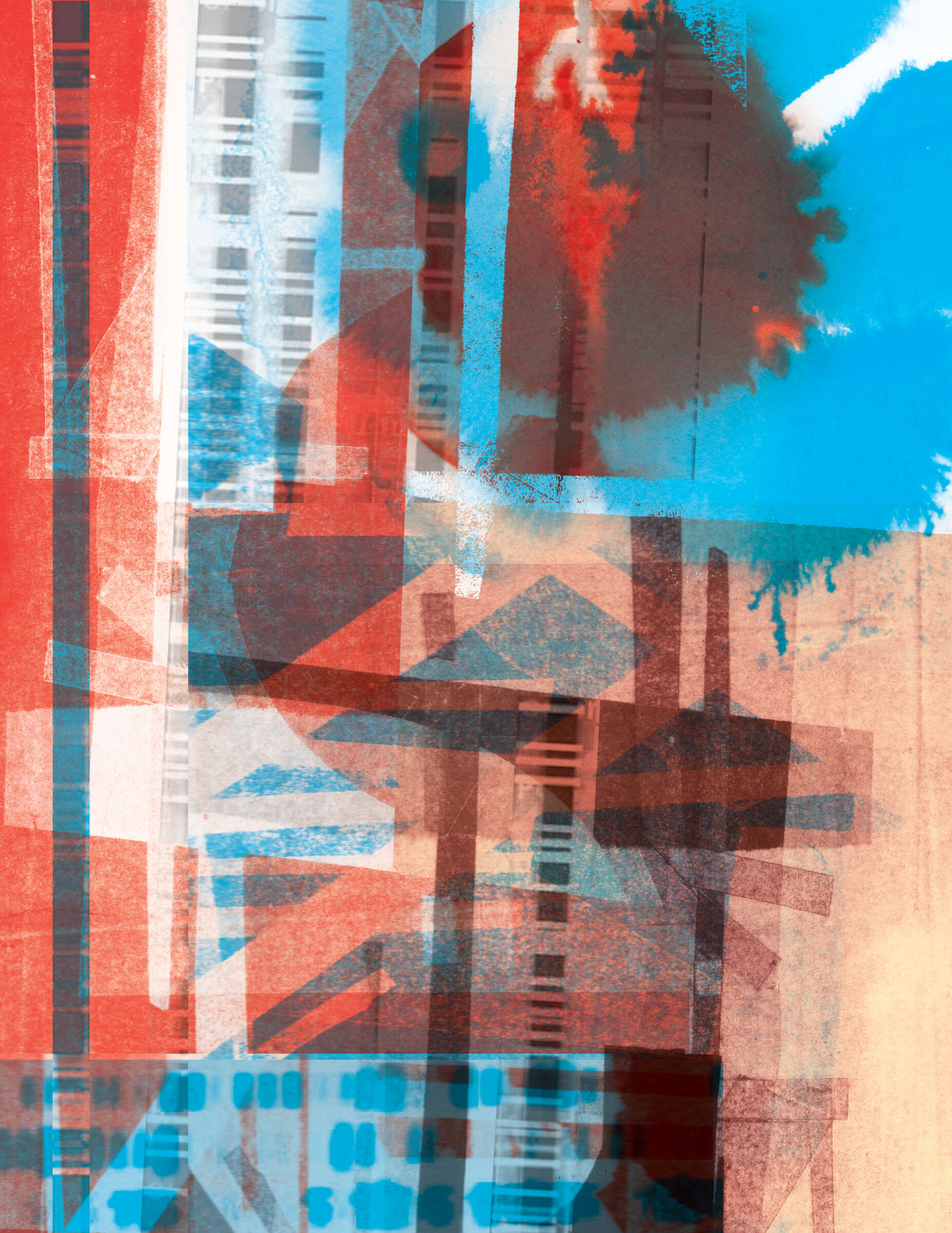
The United States and its Western neighbors are gradually losing ground to China in the race to develop advanced technologies and attract top talent.